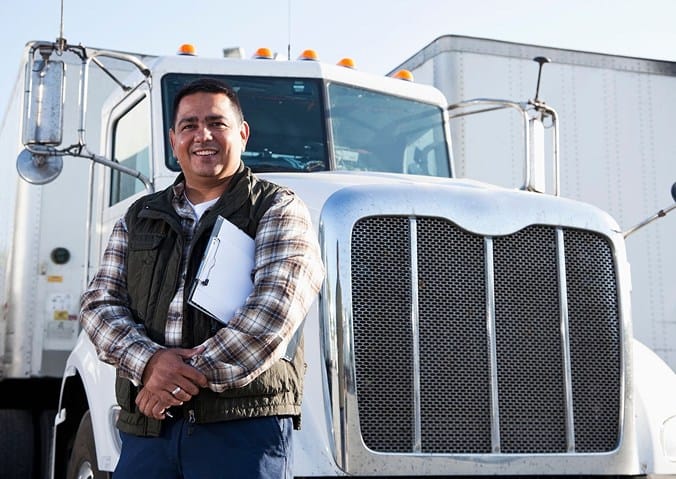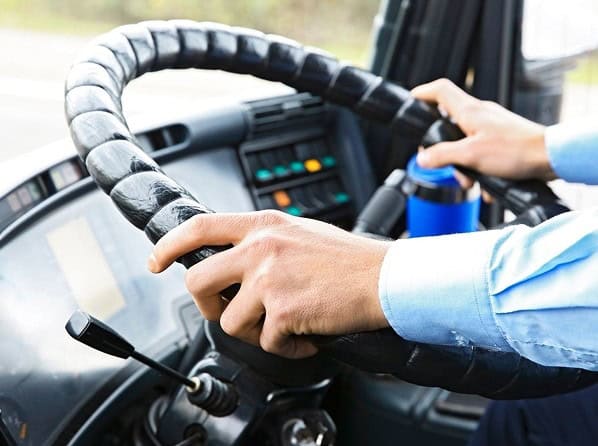For classes 2-5 licenses (heavy vehicles, trucks, buses). The demands of commercial operations means that commercial drivers can spend up to 70 hours a week in their vehicle. The vehicles they drive can weigh more than 25,000kg or carry passengers.
This presents additional road safety risks, as these vehicles require greater skill to handle, can reduce or restrict visibility and need increased braking times and distances to stop. Commercial goods drivers may have other physically demanding duties requiring a reasonable level of fitness, such as the loading and unloading of their vehicles.


